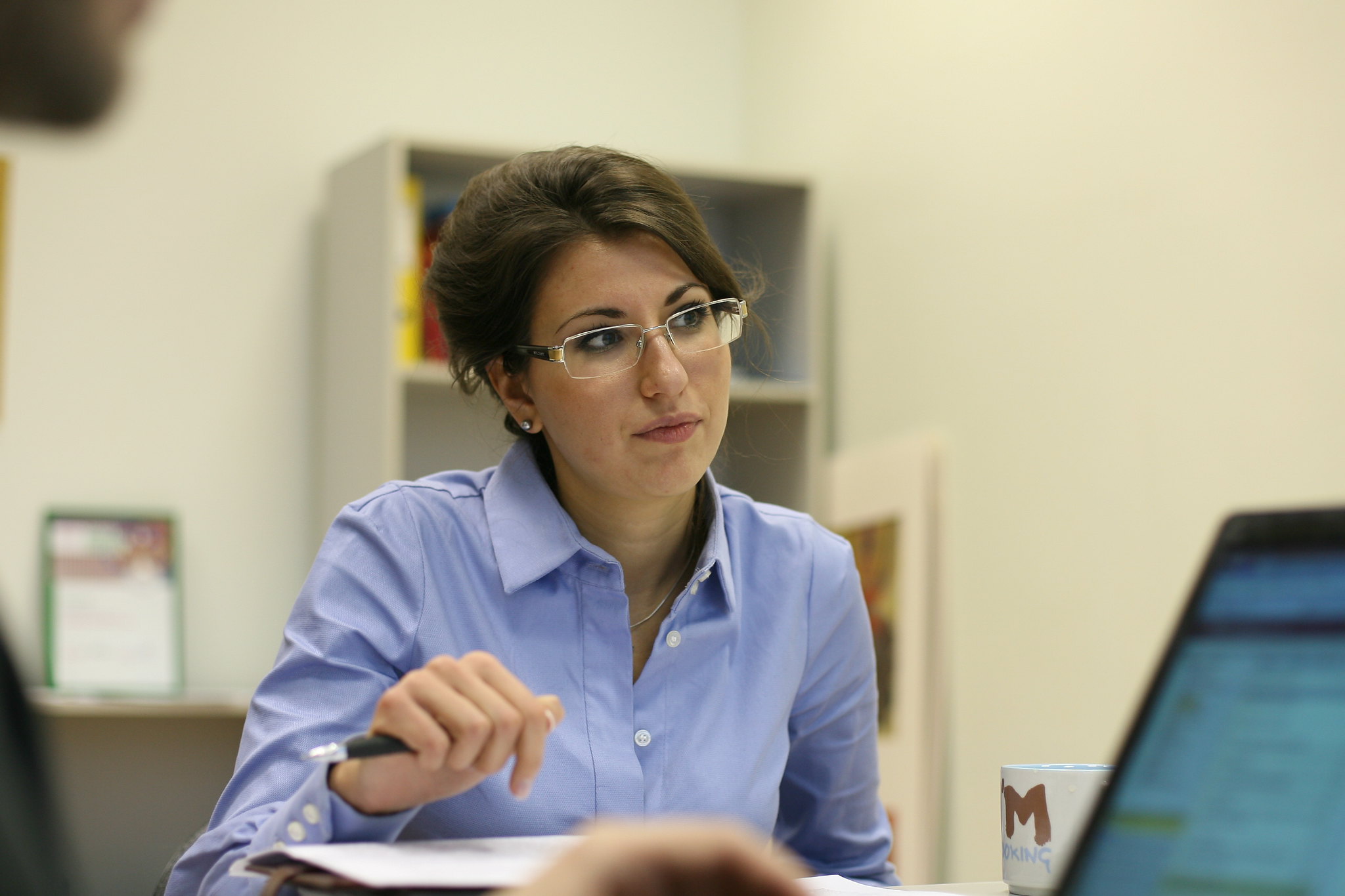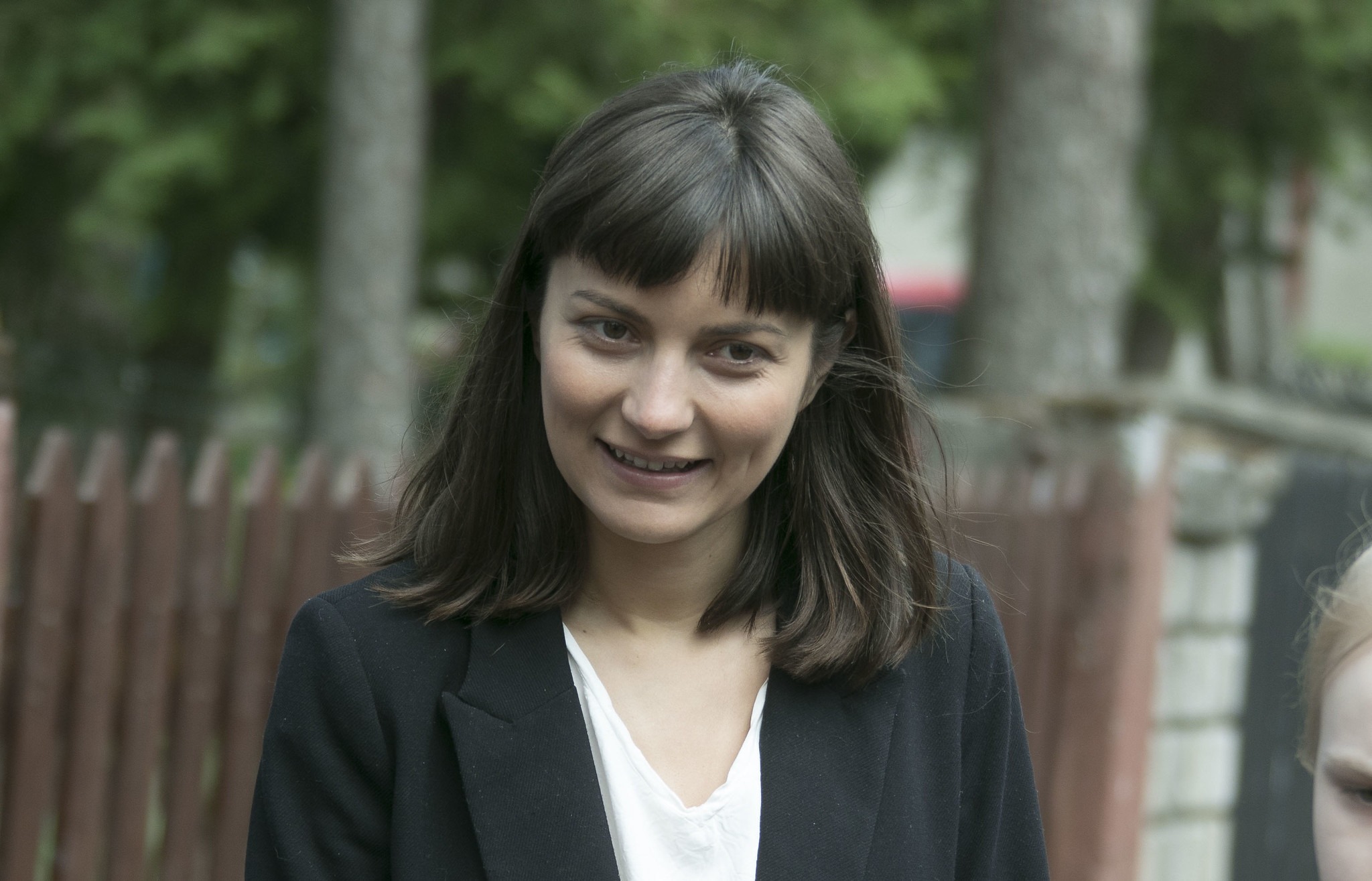
Key Insights:
According to the social media monitoring platform Awario, the most discussed topics within Kremlin-aligned media in Lithuania throughout August were:
- Telegram Messenger founder Pavel Durov being arrested in Paris;
- The Seimas abolishing legal immunity of parliament member Andrius Vyšniauskas;
- politician Vilija Blinkevičiūtė refusing to negotiate with the Minister of Foreign Affairs of Lithuania Gabrielius Landsbergis so that radical parties would not come to power after the autumn Seimas elections;
- a mass storm in Lithuania and all of its aftermath: an emergency situation declared in the storm-ravaged Vilnius district, firefighters throughout Lithuania going to remove fallen trees about 300 times, ESO (electricity and gas distribution company in Lithuania) reporting that due to the massive storm, 130K of households were left without electricity and the hydrometeorological service assuring that it has transmitted data about the approaching storm and all institutions have been informed;
- the candidacy of Andrius Kubilius to the European Commission being agreed upon last week;
- Gitanas Nausėda statements that controversial and organised by the anti-government actors’ political party “Nemuno Aušra” is a party “oriented towards the West after all”;
- the operation in the Kursk region, allowing the Ukrainian armed forces to seize the initiative on one front line;
- Government to the President;
- VRK (Central Electoral Commission) stating that Petras Gražulis bribed the voters by promising to give the voters half of the MEP’s salary;
- Raising tensions and threats after Hungary’s decision to ease the procedure for Belarusians and Russians to enter the country.
- Employment Service announcing 540 vacancies for education specialists before September.
- The intention of current Prime Minister Ingrida Šimonytė to present the decree on the new government;
- Minister of National Defence Laurynas Kasčiūnas stating that the first park of counter-mobility measures was about to be opened at the end of August;
- The Ministry of Foreign Affairs urging Lithuanian citizens to leave Israel as soon as possible.
A thorough examination of Lithuanian media with Kremlin affiliations using media monitoring tools uncovered a notable concentration on two main topics: Ukraine-related matters and anti-government sentiments. Among the first ones, there were claims that the West had already lost the war in Ukraine and was doomed to eventually disappear, despairs of the Ukrainian armed forces because of the speed of the Russian army’s advance or that Ukraine’s actions in the Kursk region would result in massive losses and would significantly affect the security of the whole region. Articles holding negative sentiments towards the government targeted different politicians/parties or the whole country’s system in general. Again, Prime Minister Ingrida Šimonytė was among the most repeated names. Article called „Šimonytė promised that Ukraine will celebrate the victory with light, gas and without russians“ was not only actively commented on, but also shared on Talegram channels, where it gathered many negative reactions (see screenshot below: on the left, the article from ekspertai.eu outlet, on the upper right – screenshot from the Telegram group, called „ekspertai.eu“ and an example of popular comments, “an ordinary idiot wandering around Ukraine. She doesn’t care about the people of Lithuania. Just letting them die. It’s just important that she and the conservatives live well”).
Regarding the country’s resilience, the Ministry of National Defence (KAM) recognised those who strengthen it nationwide. It allocated another 200K to non-governmental organisations’ programs related to enhancing civil will, resilience, and resistance skills. About half of the supported initiatives will focus on transferring the experience of Ukrainian freedom fighters to Lithuanian society and various specific groups. The Ministry of National Defense allocated 600K EUR in 2024 to implement non-governmental organisations’ activity programs in areas relevant to national defence. All activity programs of non-governmental organisations aim to strengthen society’s civil will and resilience and deepen and consolidate the knowledge and skills of civil resistance.
Overview of findings:
- An increased number, total of 715 articles, compared to 692 articles analysed during July, were scrutinised fromfour Kremlin-aligned media outlets still actively operating in Lithuania.
- As usual, the social media posts covered various topics, with a heavy focus on domestic issues. During the reporting month, discussions peaked over the villa in Greece that the family of the Minister of Foreign Affairs, Gabrielius Landsbergis, bought. Main criticism went out after the date of buying the villa was found out, February 2022, which coincided with the Russian invasion of Ukraine. This gave rise to suspicions that the foreign minister’s family was making plans to flee the country in case the war escalated, so the parliamentary opposition demanded that Landsbergis explain his family’s property right away.
- Many different interpretations and posts covering this specific event circulated online. Among the most popular examples were collages (see below) with the Landsbergiai family being called “The New Greeks” or picturing Gabrielius holding cash in his hand.
- Journalist Rimvydas Valatka concluded this scandal as “yet another lightning struck into the conservative party”. He mentioned that this is an „own goal“ and that it can be decisive, as it is happening right before the Seimas elections. Even though some social media users tried to defend the politician, claiming that he „earned the money and is free to do whatever he wants with them“, even the self-introduced „conservatives voters“ commenters mocked the politician and the whole political party, stating that „the conservatives must know something we don‘t know, as they are trying so hard to avoid ruling the country next year“.
- This quickly escalated news gave a great impulse for the anti-government personas to act on. As the parliamentary elections are approaching and questionable political parties with radical standpoints or anti-government leaders are running for the posts, the scandal of the villa in Greece might have a great impact on the results of the elections.
- Despite the main focus on national events, data from the monitoring tool Awario revealed that Russia’s war on Ukraine remains highly relevant, and events in the Kursk region may have boosted its popularity this month. In various social networks and portals, the topic of war was mentioned 12.4 thousand times (see daily distribution below). The tense atmosphere and accessibility of the digital space create a fertile ground for malicious actors to spread manipulative messages and further escalate existing tensions.
Story of the month:
Scandal over “Contribee” platform
During this reporting month, the Lithuanian crowdfunding platform Contibee was accused of being financially improper. Media reports revealed that a shareholder had allegedly misappropriated funds from an NGO account hosted on the platform for personal use, prompting prosecutors to initiate a preliminary investigation. It appears that more than 130K euros may have been transferred by Gediminas Ratkevičius, one of Contribee’s shareholders, from the account of Blue/Yellow, one of the most prominent NGOs supporting the Ukrainian Armed Forces.
Contribee became the most popular among Lithuanian developers back in 2022, when, after the war in Ukraine started, its competitor, the American platform Patreon, did not allow Ukrainian soldiers to transfer support. Outraged by this, famous people announced they were leaving Patreon and switching to Contribee, due to “Patreon’s indifference to the geopolitical situation”.
This story of alleged transfers of money came into the spotlight when a well-known Lithuanian blogger, Skirmantas Malinauskas, issued a video on his channel, announcing that Gediminas Ratkevičius, the former director of Contribee, transferred 130K euros from the Blue/Yellow account to himself, having changed the login data of the organisation’s head, Jonas Ohman. Karolis Žukauskas, the representative of “Blue/Yellow” to the media, confirmed to the “Delfi” outlet that the money had disappeared, and later, after questions from the organisation, it was returned.
The same day, well-known journalist Andrius Tapinas wrote a post where he discussed his stance, did not hide his disappointment in the whole situation and publicly said that his channel “Laisvės TV“ would leave the platform. The post (see screenshot below) became one of the most engaged posts during the reporting period. It resulted in wide audiences hearing about the Contribee scandal, with those donating through it demanding responses from the Contribee’s heads.
However, it was not just a discussion between them. Ugnius Kiguolis, a prominent anti-vaxxer and anti-government actor, also used the topic for mass reach and involvement from his followers: he wrote a post (see screenshot below) with a catchy photo collage featuring both of the famous public figures, Skirmantas Malinauskas and Andrius Tapinas, with a flash of lightning, referring to a conflict between them. Kiguolis did not pay any attention to the Contibee platform itself, just criticised well-known personas and funding to Ukraine. His followers actively joined his side, blaming Tapinas and Malinauskas for their own alleged financial affairs and stealing money from the fundraiser, undermining any support for Ukraine and openly mocking those who donate to Ukraine. (see below examples of the most common comments, all mocking the support for Ukraine, stating that “from the first minute, I said that the maximum of 10-20% of your donation will reach the goal”, calling the donors “naïve” or claiming that “those alleged “Ukraine’s patriots were happy about the war as an opportunity to benefit”).
Unfortunately, the most significant casualty in this situation is support for Ukraine. The Blue/Yellow fund, a dedicated platform for assisting Ukraine, has been unfairly targeted. Its name is frequently used in connection with financial crimes, even when there’s no direct involvement. This leads to widespread misconceptions, as headlines often link the organisation to illegal money transfers for personal gain. As the Kiguolis post demonstrates, many people mistakenly associate donations with financial misconduct. Its name is repeatedly used in all the stories featuring financial crimes. Furthermore, many people are misled by the headlines, as they usually mention the organisation’s name and the illegal money transfers for “personal use.” Just as in the case of Kiguolis’ post, many people directly associate the donation with financial machinations.









